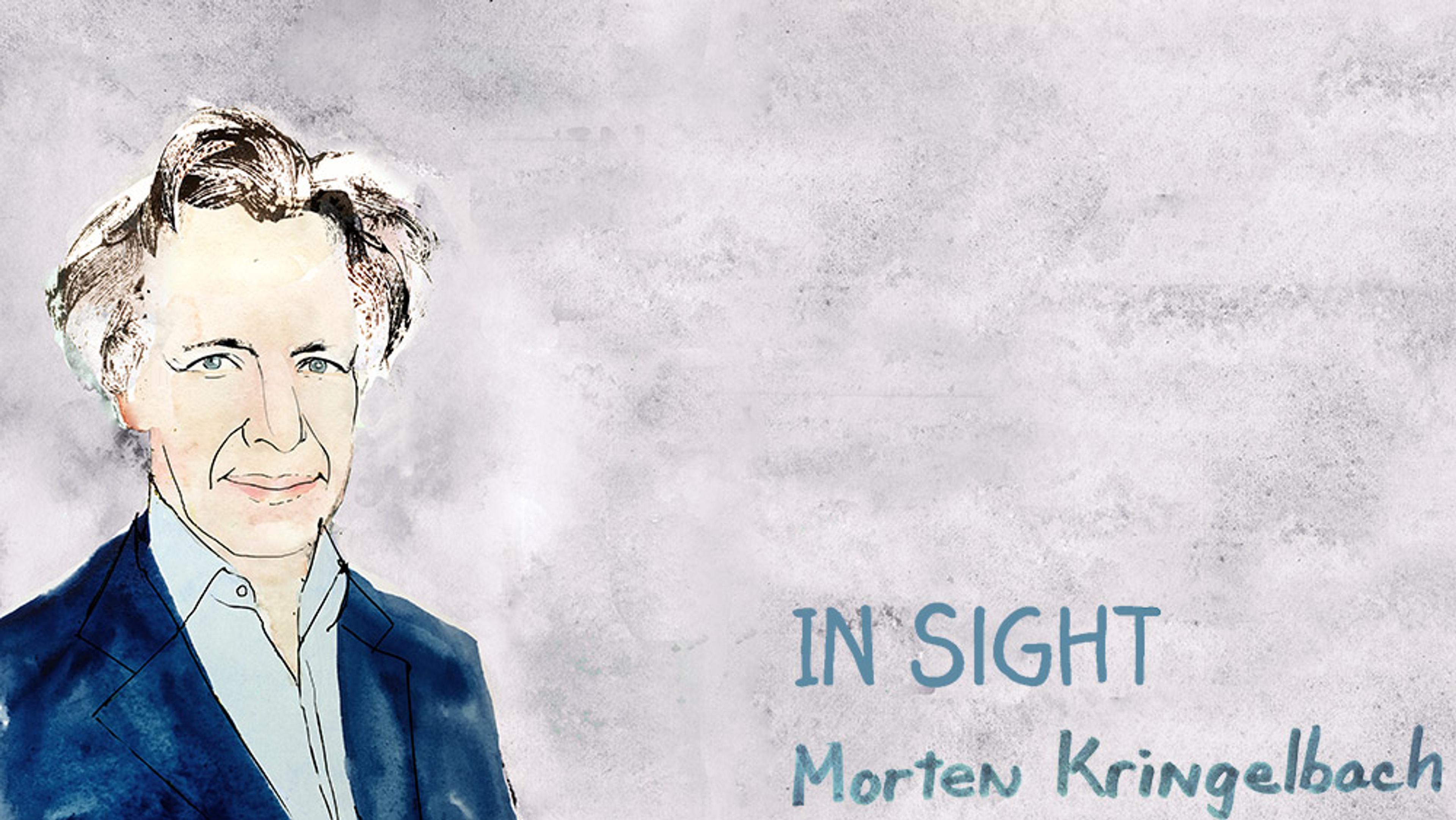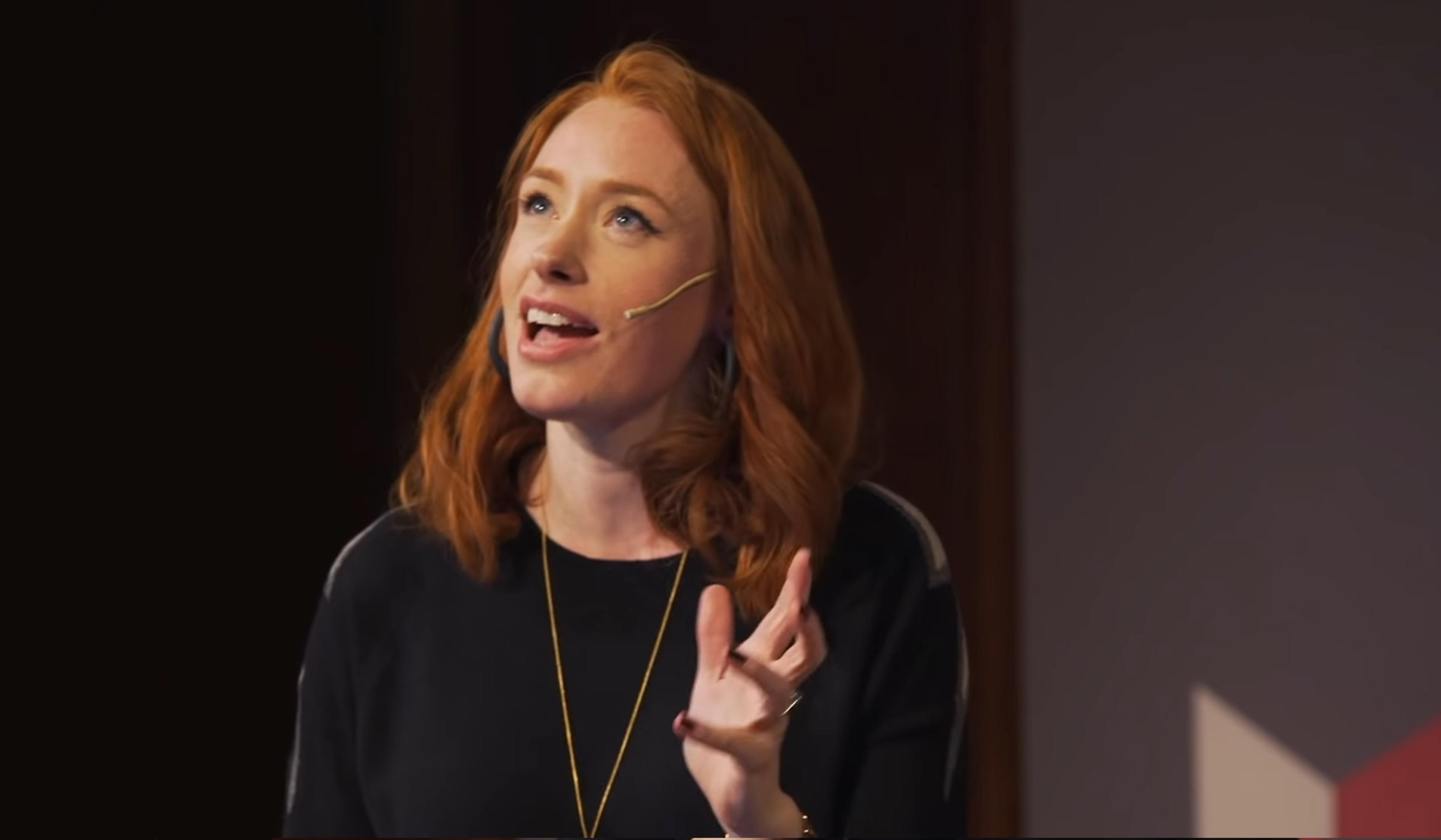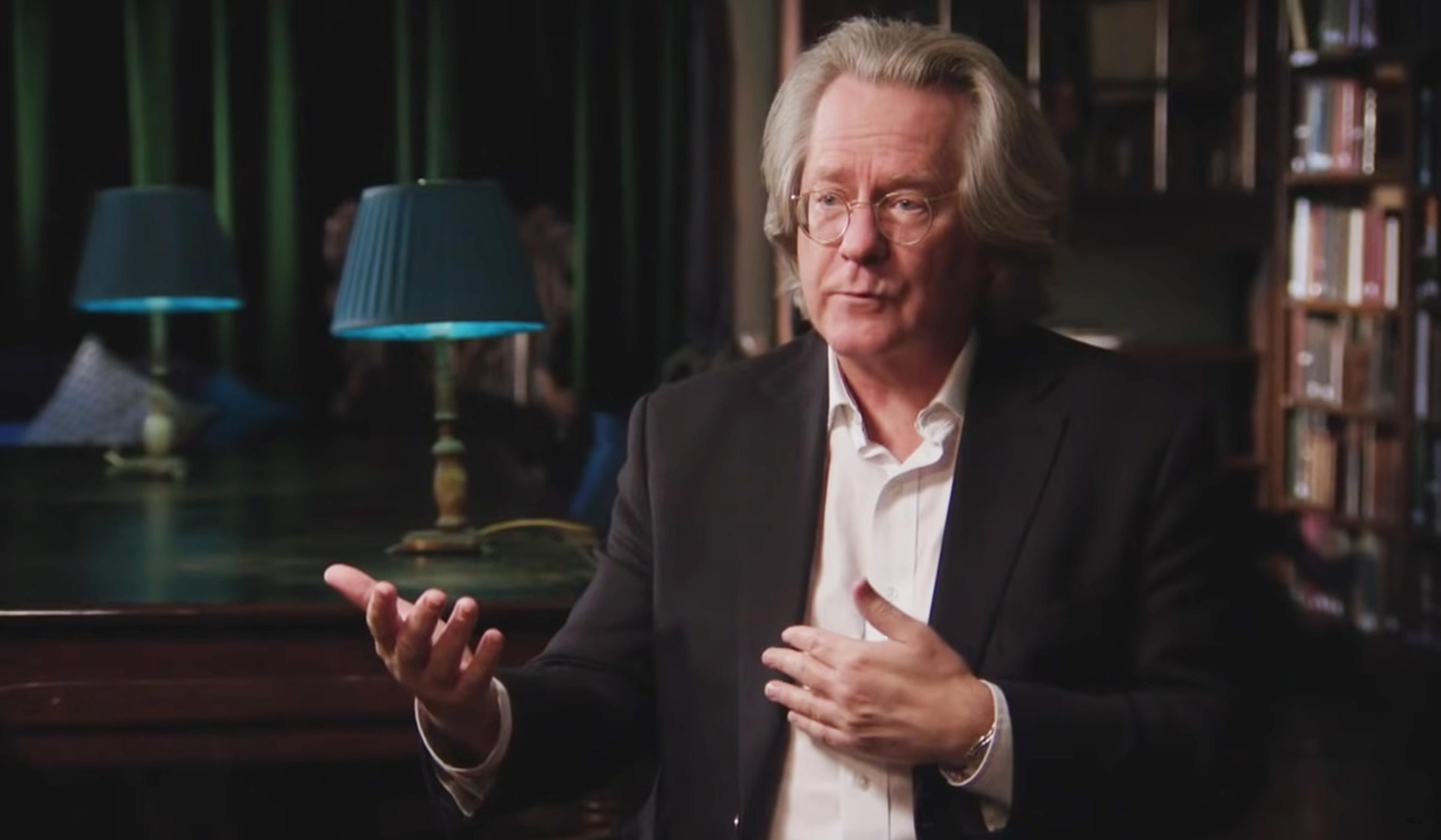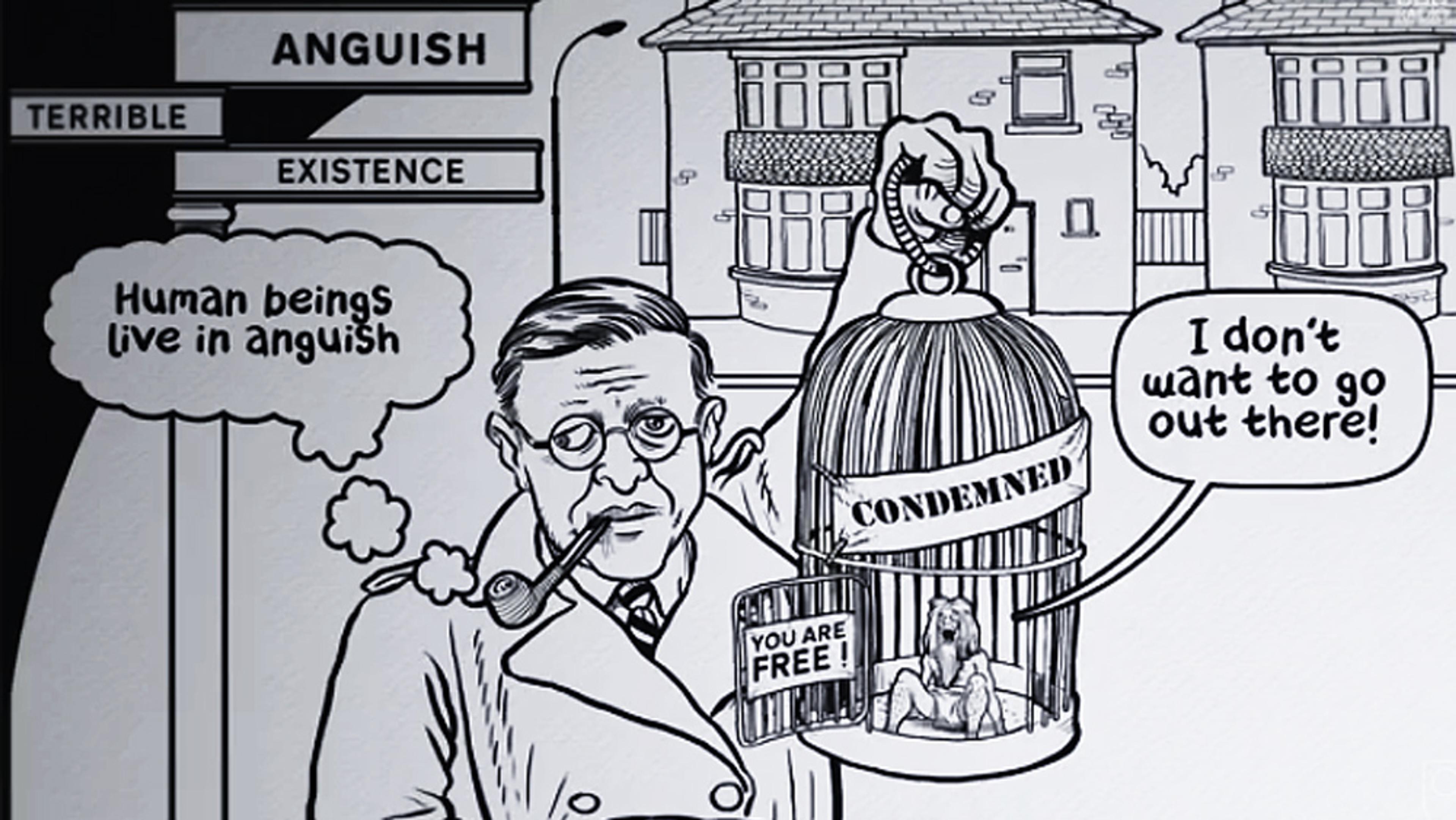The purpose of a knife is to cut. The purpose of an eye is to see. The purpose of an architect is to build. And judging whether each of these entities is any good at executing their given task seems simple enough. But, generally speaking, what’s the purpose of a human life? Aristotle believed that deducing a human’s highest function (ergon), and being able to decipher whether a human met that function with excellence (aretê), was necessary if we were to truly understand how human beings can flourish. In this whiteboard explainer, Monte R Johnson, a professor of philosophy at the University of California, San Diego, details why Aristotle came to the (perhaps self-aggrandising) conclusion that engaging our highest intellectual capabilities – and, above all else, philosophising – was the highest purpose of a human life.
Why Aristotle believed that philosophy was humanity’s highest purpose
Video by Wireless Philosophy

videoPleasure and pain
A happy life is built on pleasures such as sex and food, but also company and variety
7 minutes

videoPleasure and pain
Great news: pleasure is the purpose of life. Bad news: moderation is key
6 minutes

videoHistory of ideas
Socrates believed self-knowledge was essential. Today, we wonder if there’s even a self to know
2 minutes

videoHistory of ideas
For proof that love is timeless, consider how long philosophers have debated it
6 minutes

videoSocial psychology
Don’t misread Darwin: for humans, ‘survival of the fittest’ means being sympathetic
5 minutes

videoComputing and artificial intelligence
Algorithms are sensitive. People are specific. We should exploit their respective strengths
36 minutes

videoMood and emotion
Reason might be our puppet master but only after emotions tug on the strings
3 minutes

videoMetaphysics
Is the question ‘Why is there something instead of nothing?’ even worth asking?
9 minutes

videoPolitical philosophy
Sartre and the existential choice: ‘In fashioning myself, I fashion humanity’
2 minutes